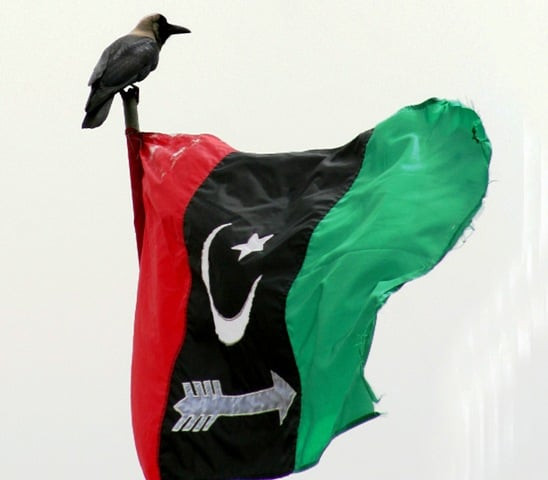Reopening Swiss cases: PPP unlikely to budge on immunity question
Allies undecided about supporting PPP’s viewpoint in the apex court.

While the Pakistan Peoples Party-led government insists that President Asif Ali Zardari is immune to criminal prosecution, its political allies appear to be in two minds on the issue.
The government is required to reopen graft cases in Swiss courts against President Zardari in pursuance of the apex court verdict on the defunct National Reconciliation Ordinance.
Apparently, the PPP is reluctant to budge on its interpretation of constitutional immunity for President Zardari – much to the annoyance of an increasingly assertive judiciary.
On a manic Monday, senior PPP leaders joined their heads to discuss, what Presidential spokesperson Farhatullah Babar called, “ways and means to overcome the challenges faced by the party and its government.”
“The meeting said the party will stand behind the prime minister in adopting a stance (in the Supreme Court) that is correct, respectful and constitutional,” Babar said in a statement without elaborating.
But insiders say the prime minister will elaborate the actions taken by the government in compliance of the Supreme Court verdict, thus far. “He will highlight the steps taken by the government in strengthening democracy, including 18th Amendment, but reiterate that the president enjoys immunity,” said an insider privy to the meeting of the core committee jointly co-chaired by Prime Minister Yousaf Raza Gilani and President Zardari.
“This is their stance … (that the president enjoys immunity) and the prime minister will try to corroborate it saying that they do not feel any necessity to get it interpreted from anywhere since for them this is an established fact,” said a PML-Q member who attended an earlier meeting of PPP’s coalition partners.
However, he said, the PPP could not plead its case properly. “I think, now the time is over for them. They could have contested their case successfully,” he said.
Seeking allies support
Sources said that the PPP would hold more meetings with its allies to win their support for the stance it would be adopting in the apex court in the coming days.
On the other hand, PPP’s legal team has been assigned to study all aspects of the court order.
The PPP claims that all its allies have assured that they would accompany the prime minister when he appears before the court on Thursday.
But sources say that the main coalition partners – PML-Q and MQM – are still undecided. They are waiting for the government to come out with its plan of action before making up their mind.
“We do not want a public gathering there … We support the system and want it to continue. This is the bottom-line,” PML-Q spokesperson Kamil Ali Aga told The Express Tribune.
He said a one-line statement can resolve the standoff - that the government will comply with the court orders in letter and spirit.
PML-Q chief Chaudhry Pervaiz Elahi has also refused to promise unconditional support to the PPP in the Supreme Court and advocated that the government should avoid confrontation and resolve the issues through negotiations.
Though the MQM verbally supports the government, PPP insiders believe they can change its stance any time. When asked if MQM would support the PPP in the court, Babar Ghouri said his party would not support any confrontation.
Babar Awan castigated
In the meeting of coalition partners, sources said, former law minister Babar Awan tried to explain legal aspects of the court order but was interrupted by PPP members.
“We have been hearing you for the last four years. It is because of people like you that we are facing this situation today,” Begum Nasim Chaudhry, who heads the standing committee on law and justice, was quoted as telling Awan during the meeting.
Published in The Express Tribune, January 17th, 2012.



















COMMENTS
Comments are moderated and generally will be posted if they are on-topic and not abusive.
For more information, please see our Comments FAQ